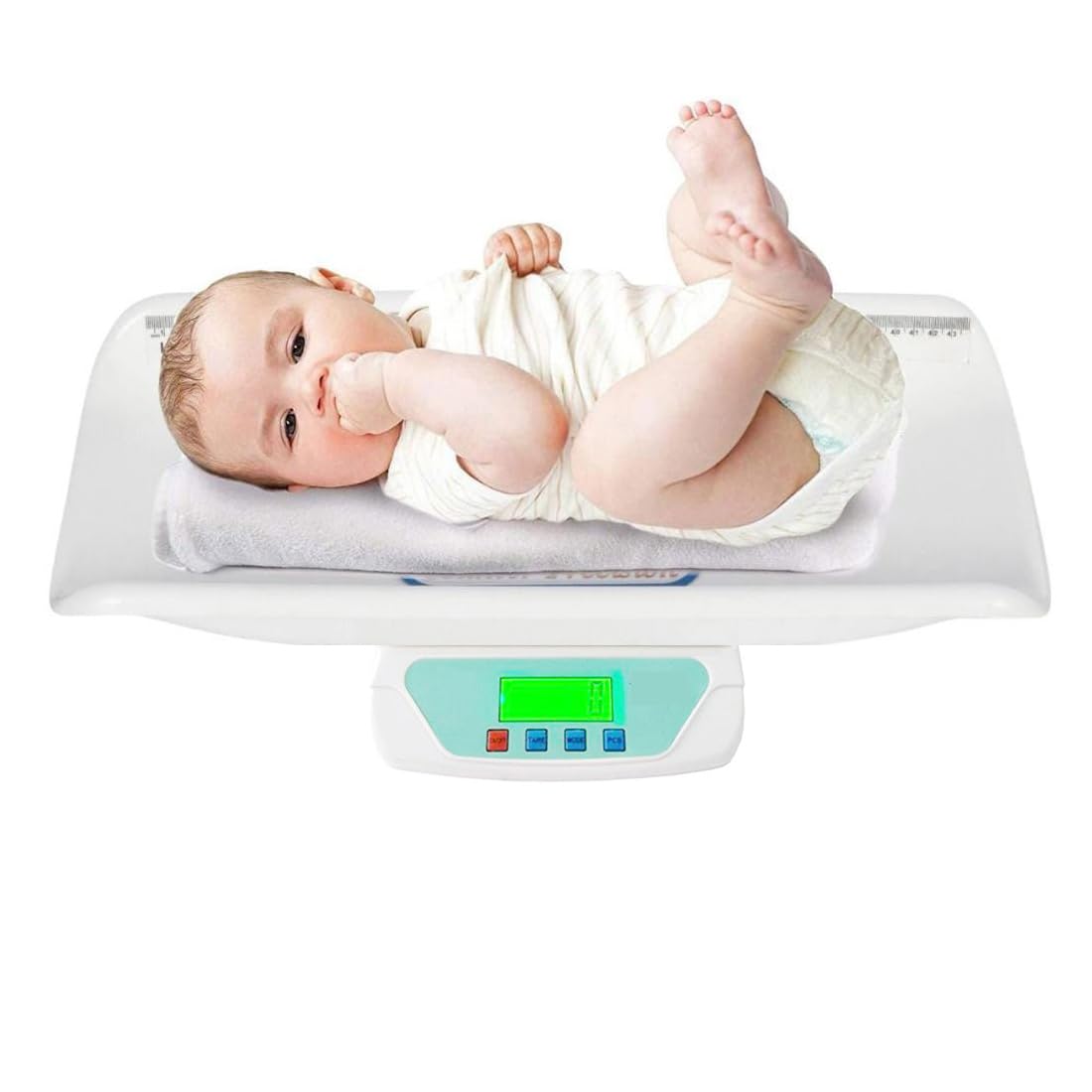When it comes to monitoring the growth and health of your baby, few tools are as crucial as a reliable baby scale. Accurate weight measurement is essential for tracking your baby’s development, ensuring they are receiving adequate nutrition, and detecting potential health issues early. However, even the best baby scales can become inaccurate over time due to regular use, environmental factors, and mechanical wear. Therefore, regular calibration is vital to maintain the accuracy of your baby scale.
Why Accuracy Matters
Monitoring Growth
A baby’s weight is a fundamental indicator of their overall health. During the first year, babies experience rapid growth, and weight gain is one of the most visible signs of their development. Pediatricians often use weight charts to compare your baby’s growth to standard benchmarks. Accurate measurements are essential for these comparisons, ensuring that any deviations from the norm are promptly identified and addressed.
Nutritional Assessment
Accurate weight measurements are crucial for assessing whether your baby is receiving adequate nutrition. This is particularly important for newborns and premature babies who require close monitoring to ensure they are gaining weight appropriately. Inaccurate weight readings can lead to incorrect assumptions about a baby’s nutritional needs, potentially resulting in overfeeding or underfeeding.
Detecting Health Issues
Sudden changes in weight can signal underlying health problems. A baby who isn’t gaining weight as expected might have an issue that requires medical attention, such as feeding difficulties, metabolic disorders, or infections. Conversely, excessive weight gain could indicate conditions such as hypothyroidism. Accurate measurements are vital for early detection and intervention.
Tips for Calibrating Your Baby Scale
Understand Your Scale
Before you begin calibrating, it’s essential to understand the type of baby scale you are using. There are two main types: digital and mechanical. Digital scales are more common due to their ease of use and precision. They often come with a digital display and are generally more accurate than mechanical scales, which use a spring system to measure weight. Regardless of the type, regular calibration is necessary to ensure accuracy.
Follow the Manufacturer’s Instructions
Every baby scale comes with a user manual that provides specific instructions for calibration. Follow these instructions carefully. The manufacturer’s guidelines are tailored to the design and functionality of the scale and are the best resource for maintaining its accuracy.
Use a Calibration Weight
The most reliable way to calibrate a baby scale is to use a known calibration weight. Calibration weights are specifically designed to provide a precise mass and are used to verify the accuracy of scales. They are available in various weights, so choose one that is appropriate for your baby scale. Place the calibration weight on the scale and check if the displayed weight matches the known weight of the calibration mass. If there is a discrepancy, adjust the scale according to the manufacturer’s instructions.
Perform Zero Calibration
Zero calibration, or taring, ensures that the scale reads zero when there is no weight on it. This step is crucial because any residual weight can affect the accuracy of measurements. To perform zero calibration, make sure the scale is empty and press the tare or zero button. The scale should display zero, indicating that it is ready for accurate measurements.
Regular Calibration Checks
Even after initial calibration, regular checks are necessary to maintain accuracy. How often you should calibrate depends on how frequently the scale is used. For a baby scale used daily, weekly calibration checks are recommended. For less frequent use, monthly checks may suffice. Regular calibration ensures that the scale remains accurate over time, providing reliable measurements for your baby’s growth tracking.
Environmental Factors
Environmental factors such as temperature, humidity, and surface stability can affect the accuracy of your baby scale. Ensure that the scale is placed on a flat, stable surface and away from drafts or direct sunlight. Temperature fluctuations can cause digital scales to drift, leading to inaccurate readings. Keeping the scale in a consistent environment helps maintain its accuracy.
Professional Calibration Services
If you find that your baby scale is consistently inaccurate despite following all calibration steps, consider professional calibration services. Many manufacturers and third-party companies offer calibration services to ensure your scale meets industry standards. Professional calibration can provide peace of mind, especially if you rely heavily on accurate weight measurements for your baby’s health monitoring.
Also read about: Importance of a Weighing Scale In Different Industries
Conclusion
Maintaining the accuracy of your baby scale is essential for monitoring your baby’s growth, assessing their nutritional needs, and detecting potential health issues. Regular calibration ensures that the scale provides reliable measurements, giving you confidence in the data you use to make important health decisions for your baby. By understanding your scale, following the manufacturer’s instructions, using calibration weights, performing zero calibration, conducting regular checks, considering environmental factors, and seeking professional services, when necessary, you can keep your baby scale accurate and trustworthy.

